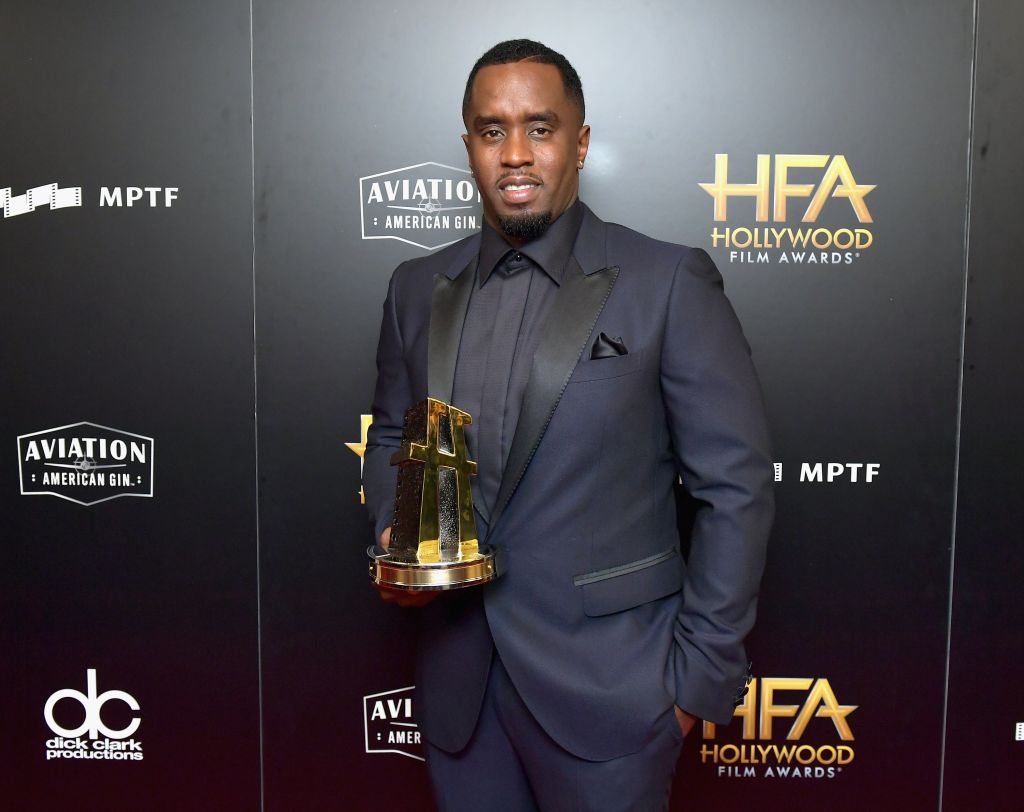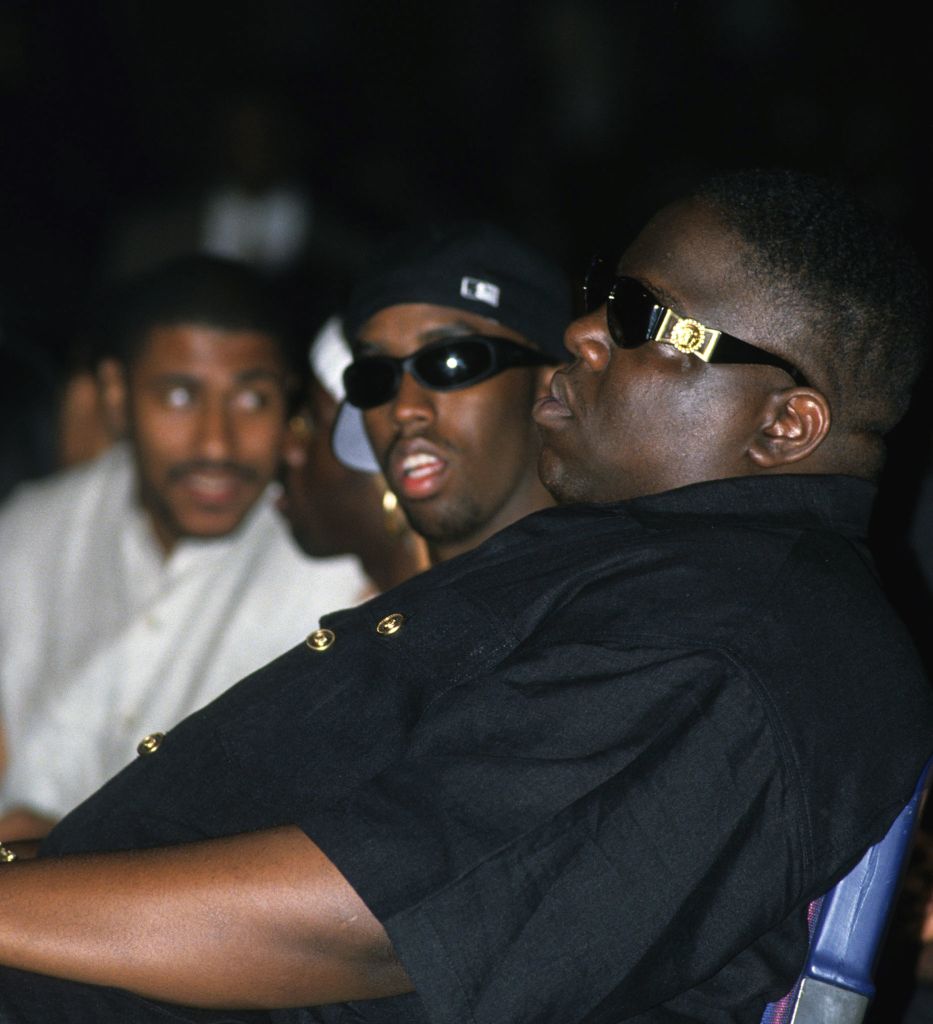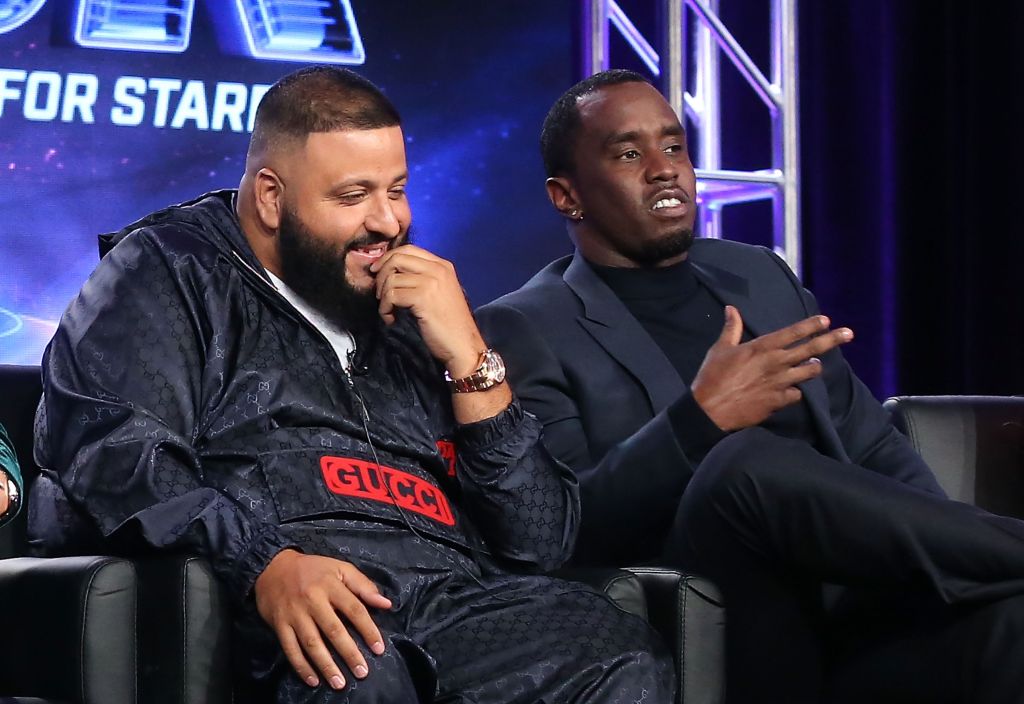Why Sean Combs Was Never Going To Be Fully Held Accountable [Op-Ed]

Over the coming days, there will be no shortage of commentary and debate about the split verdict in the Sean “Diddy” Combs case.
Cable news panels will argue over whether justice was served. Pundits will parse the difference between prostitution charges and sex trafficking. And social media will fill with memes, outrage, and hot takes about celebrity privilege, race, and misogyny.
Some will call the partial conviction a victory for survivors. Others will say he got off easy. And some folks will invoke Bill Cosby and R. Kelly to say that rich Black men are always singled out for sexual crimes while white predators walk free.
But there’s a much bigger ideological and cultural backdrop here that shapes how a case like this gets prosecuted, adjudicated, and received.
We are living through an era of reaction against women’s rights and bodily autonomy. The last decade has seen the rolling back of Roe v. Wade, a fierce assault on contraception and gender-affirming care, and a mainstreaming of violent misogyny, from incel forums to the halls of government.
Recall that Supreme Court Justice Brett Kavanaugh was confirmed despite credible allegations of sexual assault aired in nationally televised hearings. Our twice-impeached president, Donald Trump, was found liable for sexual abuse and defamation in civil court, yet pays almost no political cost. Harvey Weinstein may be in prison, but countless other high-profile sexual assault cases have ended in acquittals or hung juries, from Bill Cosby’s initial mistrial to Danny Masterson’s first trial, to the repeated failures to secure convictions against powerful men. Cosby was freed on a technicality despite dozens of women accusing him of assault, highlighting how even convictions can be undone for powerful men.
Even Jeffrey Epstein died before facing a full trial, while Ghislaine Maxwell’s sentencing is treated as a kind of closing chapter, leaving the network of clients untouched. Meanwhile, states pass forced-birth laws that deny even child rape victims abortions, and online influencers monetize misogyny, normalizing harassment, coercion, and rape as male entitlement.
Taken together, all this produces a numbing effect.

When sexual violence is so widespread, so normalized, and so often excused or minimized at the highest levels of power, juries and the public become conditioned to see these crimes as murky, negotiable, or even inevitable.
Jurors may hesitate to impose the harshest possible penalties, reasoning that if presidents, judges, and billionaires can skate by with little consequence, why should this man be singled out for life in prison?
The sheer scale of impunity can breed a weary cynicism, a reluctance to draw hard moral lines, and a tendency to downgrade even serious crimes to something more socially acceptable, like “bad behavior,” “transactional sex,” or “poor judgment.”
This is not an accident, but part of a broader cultural project to protect male sexual entitlement while eroding women’s autonomy and credibility. In the courtroom, that cultural backdrop becomes an unspoken defense, making it harder to secure the kind of verdict that would meaningfully challenge the system itself.
This is not an accident or a glitch, but part of a broader cultural project that protects male sexual entitlement while eroding women’s autonomy, even becoming an unspoken defense in the courtroom.
In this context, the era of MAGA, convicting a powerful media mogul on sex trafficking and sending him to prison for life would have been about more than punishing one celebrity. It would have been an unambiguous statement that women’s sexual autonomy matters, that forced or coerced sex is not simply “transactional,” and that the state will intervene to defend women from male sexual entitlement.
But that’s precisely the kind of moral stance that is under assault in this era and women’s resistance is a threat to social order.
In that world, handing down a life sentence for sex trafficking against an ultra-rich, connected, male celebrity, especially one who can also claim racial targeting, would be more than punishing Diddy. The racial dynamics here are complex. While Black men are disproportionately criminalized, that fact can also become a shield for wealthy Black celebrities facing sexual abuse claims.

It would set a precedent.
It would say: The state is willing to define this behavior as beyond the pale. It is willing to protect women’s autonomy and dignity against male power, even the most elite male power, regardless of race.
That is a dangerous precedent for a system moving in the other direction.
Because the rise of a Gilead-like social order depends on blurring the lines around sexual coercion, on normalizing men’s right to use women’s bodies, on criminalizing women’s control over their own reproduction, and on trivializing or excusing sexual violence as misunderstanding, regret, or “transaction.”
A life sentence for sex trafficking wouldn’t just punish Diddy. It would be a declaration of values that the system currently refuses to make.
So even if the jury isn’t consciously thinking: We have to protect Gilead, they are steeped in a cultural logic that sees women’s sexual victimization as negotiable, deniable, less important. Lost in the parsing of verdicts are the voices of the women who described coercion, fear, and degradation—whose experiences the system still struggles to name fully as trafficking.
And the legal system reflects and enforces that culture. This is not just about one man. It’s about a society that is deliberately keeping the door open for sexual exploitation, forced birth, and male sexual dominance.
Diddy’s conviction on the lesser charges was, in many ways, a political dodge.
It allows the justice system to claim it held a powerful man accountable while sidestepping the far more disruptive verdict that a trafficking conspiracy conviction, and a potential life sentence, would have delivered. And beyond the courtroom, this compromise verdict teaches the public where the lines are drawn, and where they’re carefully avoided.
By convicting him only for transporting women for prostitution, the jury avoids making the bold moral and legal statement that his actions were organized, coercive exploitation deserving the label of trafficking. It’s a compromise verdict that satisfies calls for some punishment without threatening the social order that depends on tolerating, excusing, and even monetizing men’s sexual access to women’s bodies.
Dr. Stacey Patton is an award-winning journalist and author of “Spare The Kids: Why Whupping Children Won’t Save Black America” and the forthcoming “Strung Up: The Lynching of Black Children In Jim Crow America.” Read her Substack here.
SEE ALSO:




